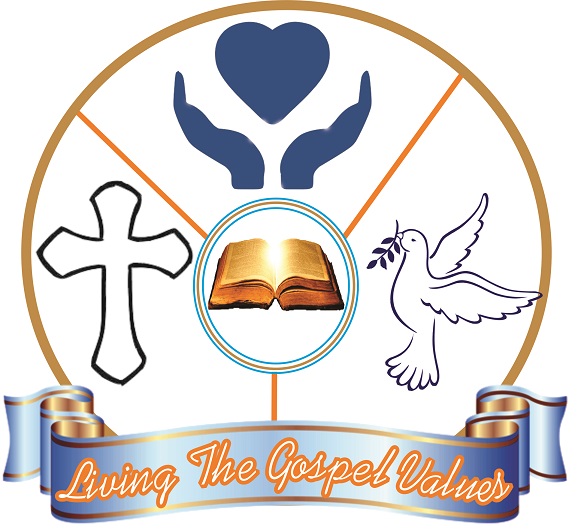Reflection on Today’s Readings, Thursday of 10th Week in Ordinary Time, Year II, June 9th, 2022
Texts: 1 Kings 18:41-46; Psalm 65:10-13; Matthew 5:20-26
We are told today in the first reading that the hand of the Lord was upon Elijah. With the hand of the Lord upon him he was able to out run Ahab who rode in chariot. The contest here was between two unequal parties: leg and chariot. The reading clearly shows that they needed to get to their destinations quickly, which means king Ahab would have been riding fast to beat the rain. For Elijah to out run him required supernatural empowerment, which the hand of the Lord means. To say that the hand of the Lord was upon him is to say that he was empowered by God, that the grace of the Lord was upon him. This tells us that it is the grace of the Lord that can make us do that which is not in our nature. To live is not in the nature of man or else we will not die, we live by God’s grace. The fact that we die shows that human life is contingent. If we get to mortuary, we will know that we live by God’s grace; if we get to hospital, we will know that health is by God’s grace; if we realise how unique you are individually, you will know that what you are is by God’s grace; if we see those who are insane, we will know that sanity is by God’s grace; if we see how evil man can be, we will know that to be good is by God’s grace; etc. Upon everyone of us, every human being you see, there is the hand of the Lord. We all enjoy the grace of God, at least by the fact that we live.
Matthew Henry Commentary shows that the hand of the Lord upon Elijah made him humble and despised worldly honour. It says, “If Ahab had paid the respect to Elijah that he deserved he would have taken him into his chariot, as the eunuch did Philip, that he might honour him before the elders of Israel, and confer with him further about the reformation of the kingdom. But his corruptions got the better of his convictions, and he was glad to get clear of him, as Felix of Paul, when he dismissed him, and adjourned his conference with him to a more convenient season. But, since Ahab invites him not to ride with him, he will run before him (v. 46) as one of his footmen, that he may not seem to be lifted up with the great honour God had put upon him or to abate in his civil respect to his prince, though he reproved him faithfully. God's ministers should make it appear that, how great soever they look when they deliver God's message, yet they are far from affecting worldly grandeur: let them leave that to the kings of the earth” (Online version).
Jesus Christ tells us in today’s gospel that we have to do more than the Pharisees to enter the kingdom of heaven. In His words: “Unless your righteousness exceeds that of the scribes and Pharisees, you will never enter the kingdom of heaven.” From the first reading we come to understand that there is need of God’s grace to be able to attain such feat. The hand of the Lord must be upon us to attain the kingdom of heaven. We cannot attain the kingdom of heaven by our own effort. Every good act is inspired by God’s grace. The grace of God refines us. Today’s psalm helps us to look at grace like rain that soften the earth and makes it produce grain. The psalm says, “You visit the earth, give it water; you fill it with riches. God’s ever-flowing river brims over to prepare the grain.” The grace of God makes us produce virtues which enhance good human relation.
Anger and abuse are detrimental to human relation. The grace of God helps us to live above anger and abuse of the other brother. Anger and tendency to abuse the other person are embedded in human nature, it is by God’s grace we can live above them. God values good human relation more than offering. Hence, He says, “So if you are offering your gift at the altar, and there remember that your brother has something against you, leave your gift there before the altar and go; first be reconciled to your brother, and then come and offer your gift.” Jesus Christ also reminds us that good human relation does not only make us pleasing to God but also make life worth living. In His words: “Make friends quickly with your accuser, while you are going with him to court, lest your accuser hand you over to the judge, and the judge to the guard, and you be put in prison; truly, I say to you, you will never get out till you have paid the last penny.”
We thank you, Lord, for your grace, which we enjoy every moment of our lives; grant that we may see your hands in our lives and live to give You praise all the days of our lives. Amen
Fr. Andrew Olowomuke








0 Comments